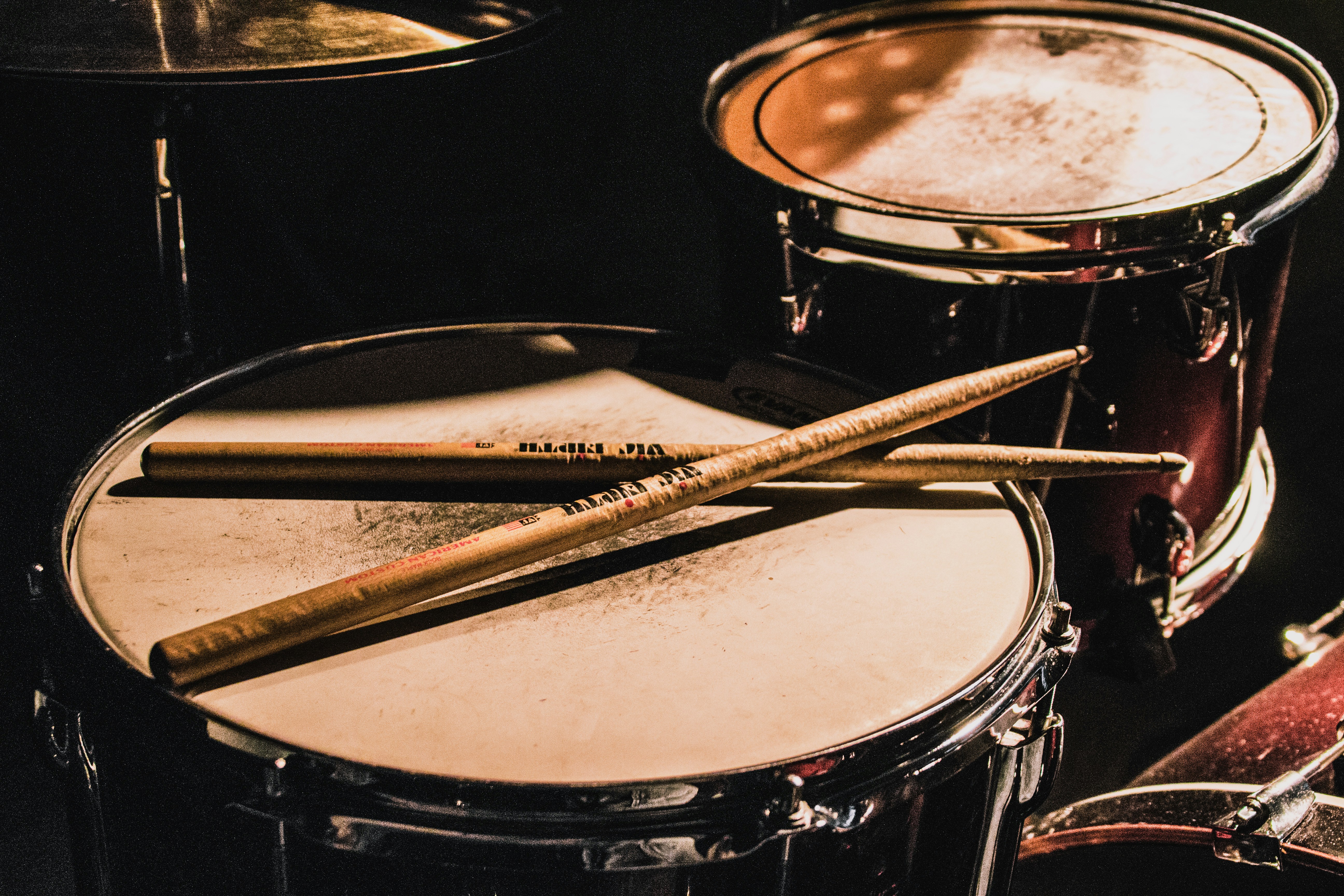Media release
From:
Find your rhythm – Humans have a knack for finding the rhythm, even in random sounds. In a study with 155 participants, researchers played unpredictably timed sounds and asked people to tap along. Despite the lack of a regular beat, participants synchronised their tapping, suggesting they were subconsciously estimating an underlying tempo. The research blurs the line between rhythm and randomness, with the researchers suggesting the two should be considered as points along a continuum.
Humans can find rhythm in randomly timed sounds
Royal Society Open Science
When we hear sounds, for instance, while listening to music, our minds automatically try to make sense of its rhythmic characteristics. Is it a rock-like rhythm, a jazz-like rhythm, or are they just randomly organised sounds? In experiments, researchers play very regular but also random rhythms to participants to see how their brains react differently to the two. Do all random rhythms sound the same? We show that, different from what is often assumed, listeners can find rhythmic structure even in randomly arranged sounds. The distinction between regular and random rhythms therefore seems not as clear as we once thought.



 International
International



